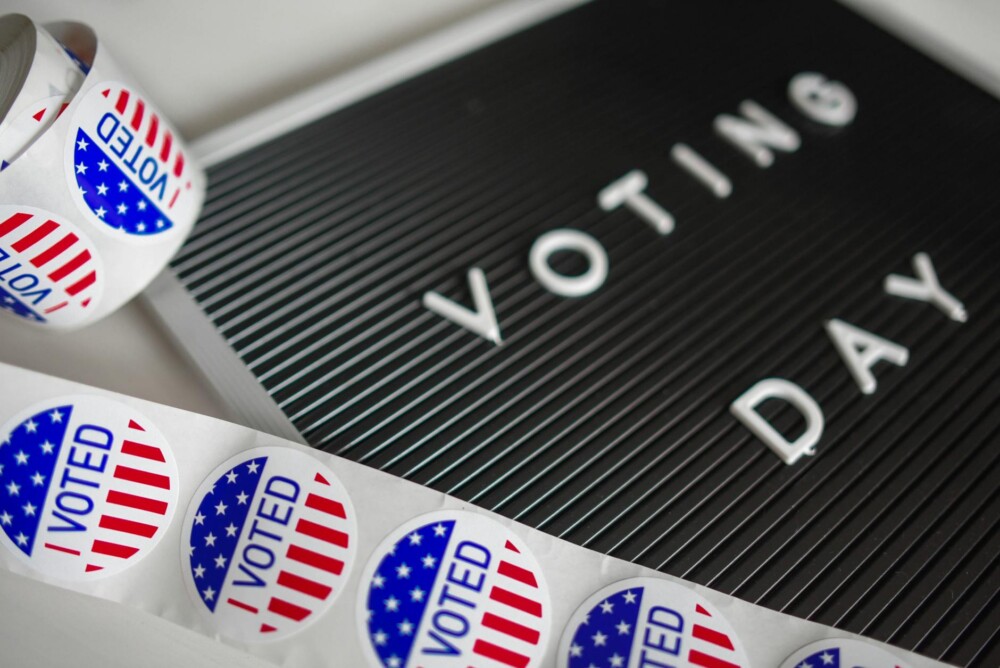
Did you hear? There’s an election on November 4th, and your voice (or sitting at home) can impact the environment.
Philadelphia residents will not only vote on who will be the next district attorney, but also whether or not the state Supreme Court may uphold key environmental legislation.
DYK: Voter turnout in Pennsylvania was just under 55% during the 2022 midterm elections.
Pennsylvania’s general elections are on Tuesday, November 4th. For Philadelphians, the local ballot will include district attorney, city controller, and judge of the Municipal Court.
This election also impacts the Supreme Court of Pennsylvania – the judicial body that has the final decision on statewide environmental legislation.
Three judges are up for a retention vote in the Pennsylvania Supreme Court – Justices Christine Donohue, Kevin Dougherty, and David Wecht. The court is currently split 5-2 with a Democratic majority. During a retention election, the judges are running unopposed, and voters will either vote “yes” or “no” on whether or not they should serve for another ten years.
If any justice is voted out, Governor Josh Shapiro will temporarily replace them following a two-thirds majority vote from the state senate. Voters will then elect a permanent justice in 2027. Any judge who is elected will affect the balance of the court and will tip the scales either in favor or not for the environment.
Still not convinced that your vote matters in November?
Here are three ways that the Pennsylvania Supreme Court impacts environmental decisions in Pennsylvania:
- Upholding the Environmental Rights Amendment. Pennsylvania is one of six states to embed environmental protections directly in its constitution. The ERA grants Pennsylvanians the “right to clean air, pure water, and to the preservation of the natural, scenic, historic and esthetic values of the environment.” Pennsylvania Supreme Court justices have the final say on any cases that may or may not violate this amendment.
- Participation in RGGI. The Regional Greenhouse Gas Initiative is a collaboration between 10 states to reduce greenhouse gas emissions through a cap-and-trade system. Cap-and-trade works by placing a limit on the carbon emissions of energy producers through a certain number of emissions credits. If a company does not use all of its credits, they are allowed to sell them, thereby incentivizing lower emissions and investment in cleaner energy solutions. The decision on the Commonwealth’s participation in RGGI is currently at the Pennsylvania Supreme Court.
- Deciding on pollution and land use cases from the lower courts. Cases in the lower courts regarding land use and pollution are, at times, appealed up to the Commonwealth Supreme Court. These include regulations related to fossil fuels and pipelines.
TODAY – October 20th is the last day to register to vote in the November 4th elections. You can check your registration status here – including if you’ve recently moved – and get a personalized ballot here.
Cover photo: Photo by Element5 Digital on Pexels.com






